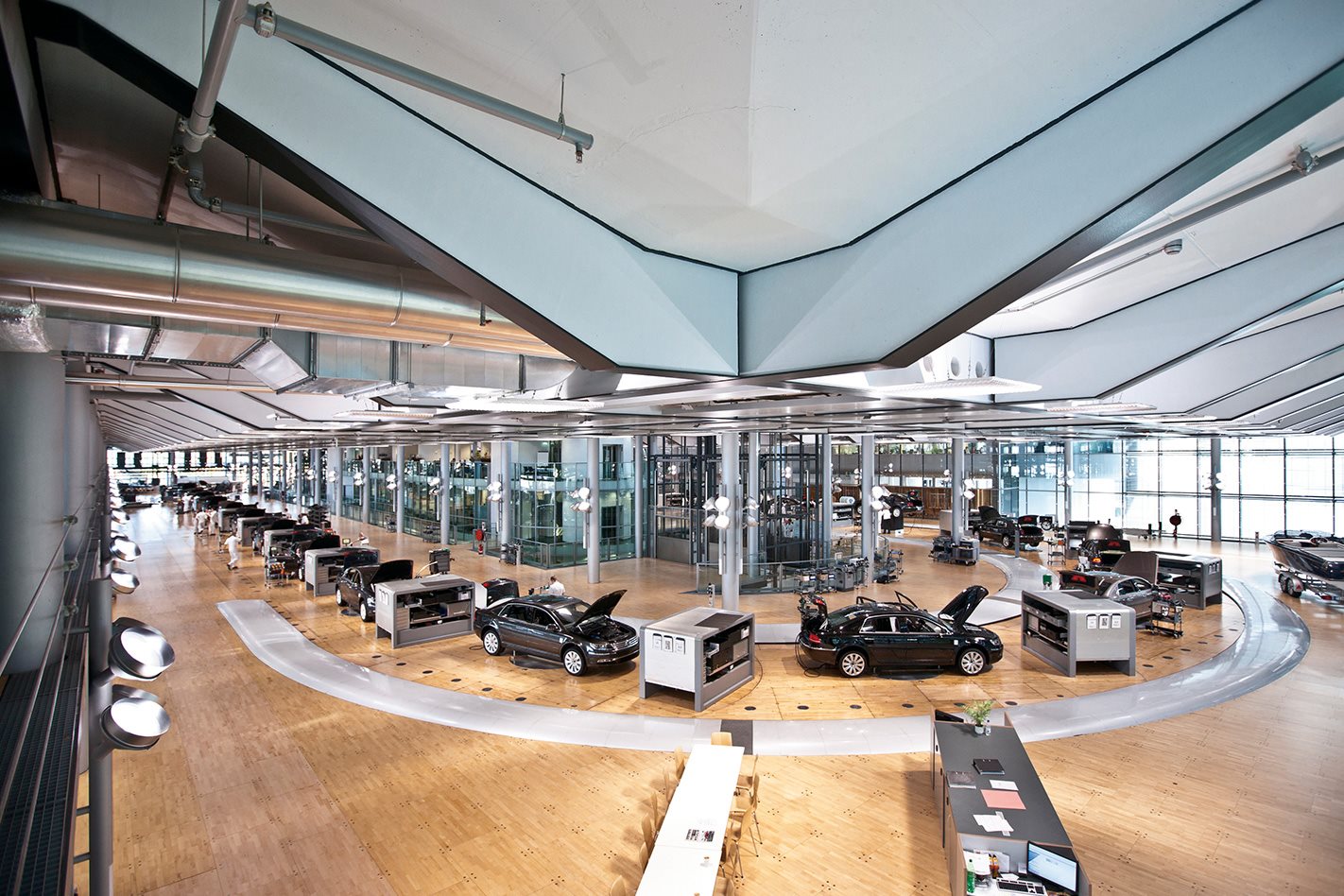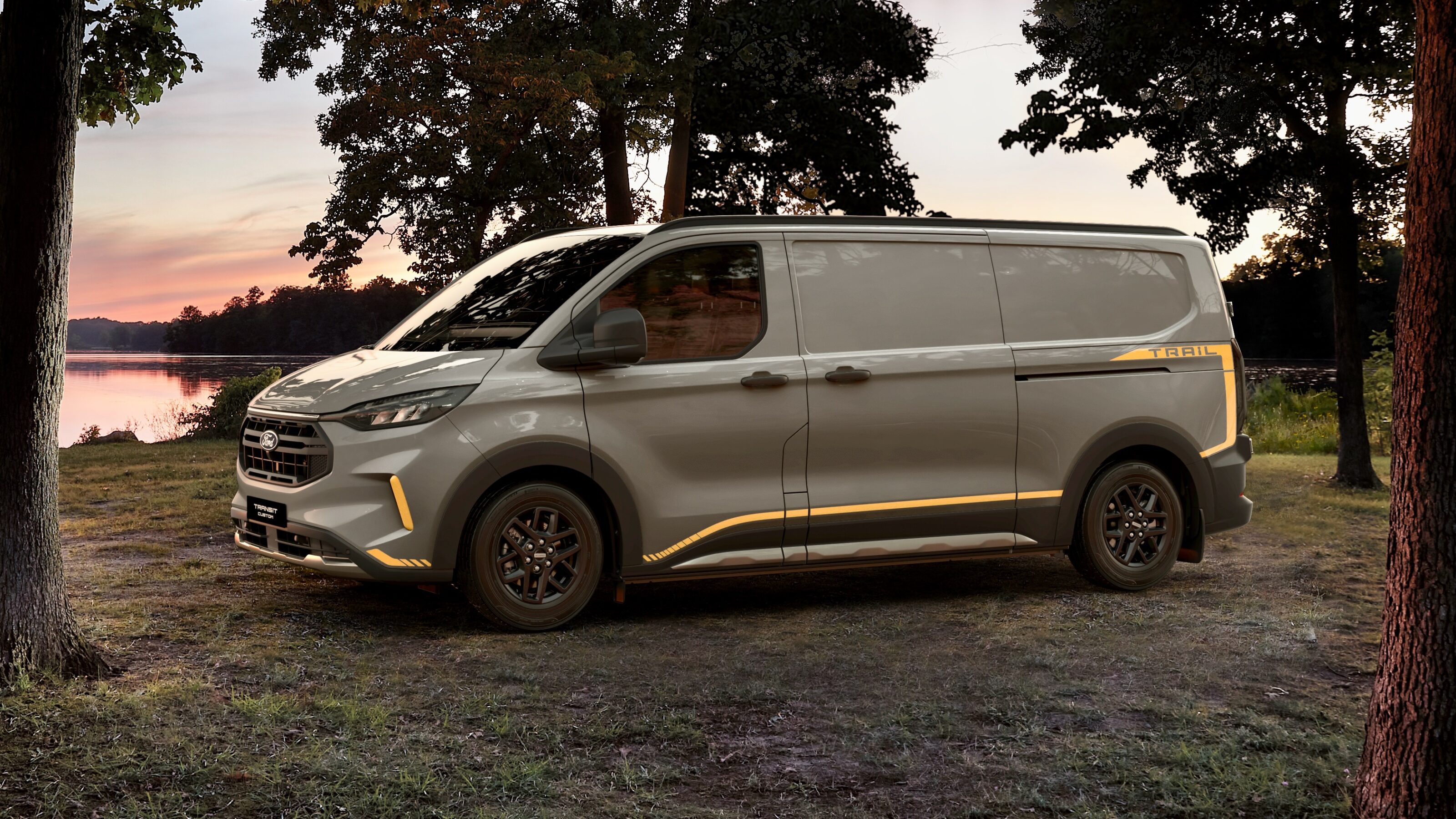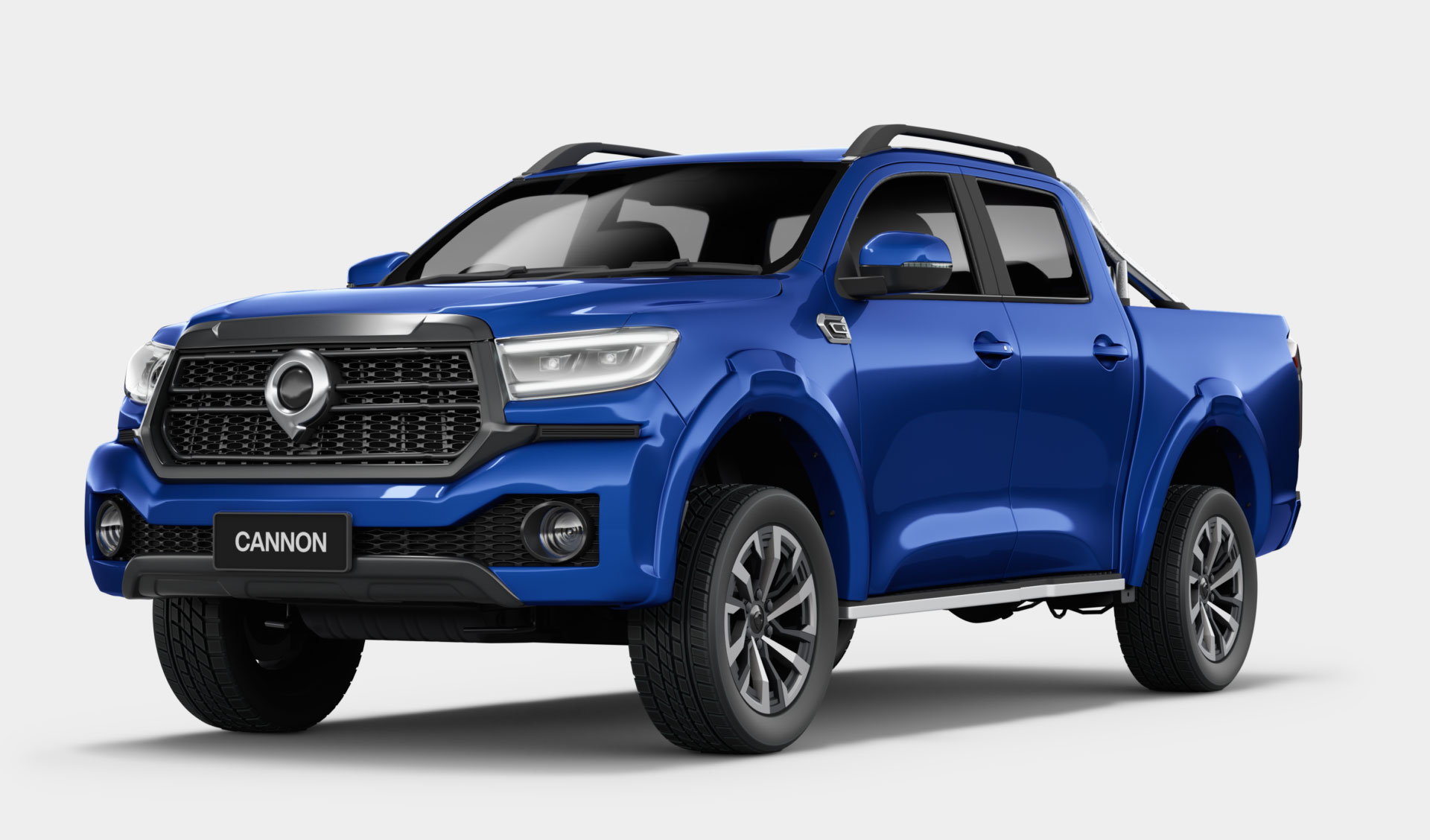VOLKSWAGEN will shed more than 30,000 manufacturing jobs by 2025 as the growing cost of the Dieselgate emission scandal continues to bite at the German carmaker.
VW Group announced late last week that as part of its transformation from a carmaker to a “mobility service provider”, it would need to roll out “socially compatible” sackings across its manufacturing sites in Germany.
“The program for the German plants with about 120,000 employees is to significantly improve the competitiveness of the Volkswagen brand and to make the company fit for the future,” it said in a statement. “It will lay the foundation for the transformation of Volkswagen from a pure automaker into a successful mobility service provider in the age of digitalisation and increasing e-mobility.
“The main focus is on reorientation across the entire value stream. By 2020, the Volkswagen brand intends to be completely repositioned,” it said.
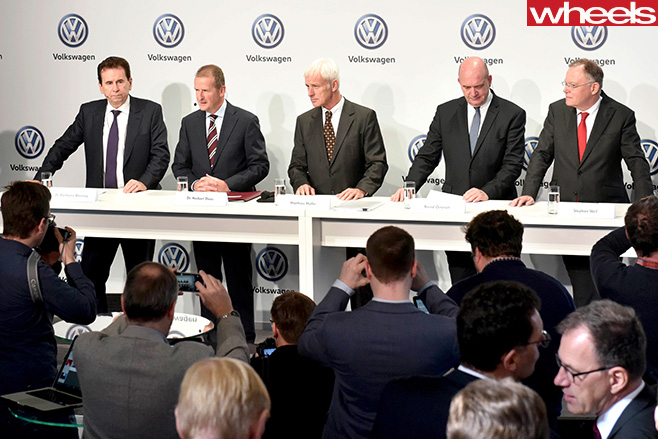
VW said the change in focus toward e-mobility would create 9000 jobs, reducing the net number of job losses to about 21,000.
The changes to VW’s manufacturing are expected to return “more than €3.7 billion” ($A5.4 billion) in cost savings a year by 2020, it said.
According to VW’s general works council chairman Bernd Osterloh, the transformation will help the carmaker develop “the field of next-generation e-mobility”.
“The new cars based on the Modular Electric Drive Kit and electric components from our plants will make our German locations pioneers of electrification within the Volkswagen Group,” Osterloh said.
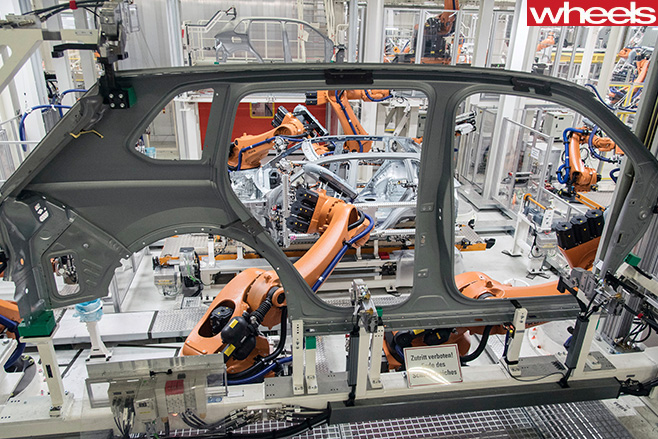
Volkswagen’s Modular Electric Drive Kit made its debut in the BUDD-e concept car unveiled earlier this year, which points to a battery-powered vehicle due on the market by 2019.
Capable of travelling about 500 kilometres between recharges, the BUDD-e features two electric motors driving the front and rear wheels, an all-new human-machine interface linking the car with the driver that includes gesture controls, and a connection to the Internet of Things – online links to fridges, front door bells, recharging stations and the like.
Germany’s sackings, which don’t yet appear to have spread to VW’s other major manufacturing sites in the US and South America, are linked to the need to raise funds to pay for damages and fines linked to claims that it cheated on official emissions testing for diesel engines and petrol engines.
VW recently disclosed it had agreed to spend more than $US14 billion ($A19 billion) buying back customers’ cars in the US, and compensating owners who wanted to hang onto their vehicles, as part of a settlement deal struck with the government.
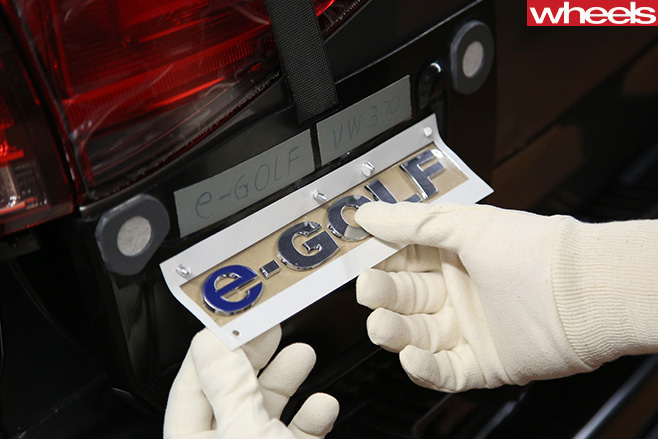
To date, Volkswagen Group Australia has rolled out a software fix to more than 8000 Amarok trade utes sold here and caught up in the emissions scandal. It still has to announce a fix for another 85,000 vehicles here, including some needing changes to engine components.
The carmaker is believed to still be deep in talks with the Australian government over the framework for how it will roll out fixes for the remaining vehicles, despite having presented authorities with details of the fixes almost six months ago.

